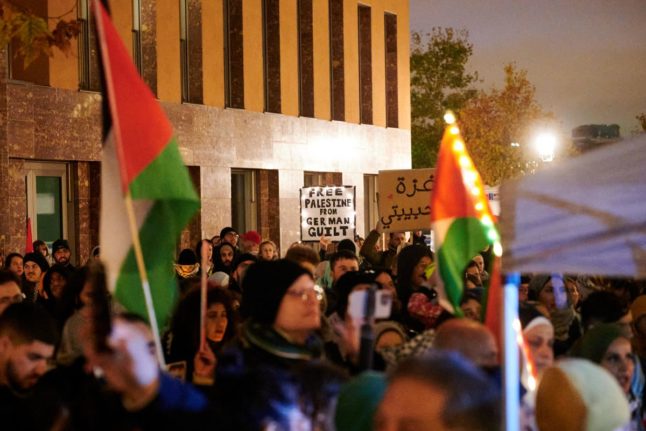As well as ordinary office supplies, the 69-year-old man collected cleaning materials, dozens of brooms and brushes, toilet paper, whole rolls of paper towels, aluminium boxes and ladders.
He filled his living room with his haul, and when that was full, stuffed his cellar, storerooms and a garden shed full of the stolen stationery and supllies. Initial estimates have valued the accumulated booty in the six figure region, but he apparently had no intention of selling it.
According to a report in the Bild newspaper, the janitor worked for the Stuttgart city authorities for several decades until he retired in 2007. The police were only alerted to his thefts by an anonymous tip.
Officers have now begun the arduous task of cataloguing the material and returning it to the city council. Much of it is said to be as good new, though it is thought that the statute of limitations may have come into effect for some of the thefts.
It remains unclear what drove the caretaker to the serial pilfering spree, but he is not expected to be arrested, as he is not expected to go on the run – and some of his crimes have come under the statute of limitations.
The Local/bk



 Please whitelist us to continue reading.
Please whitelist us to continue reading.
Member comments